Idea by
Juan Carlos Espinosa Cuock
Call for ideas 2020
Orbis tertius
Orbis tertius

- New alliances
To talk about the future of architecture is to speculate, to make assumptions about possibilities. It is to imagine, design and build realities parallel to our own that intersect at some point. What happens when we come into contact with them, and even get into the habit of visiting those speculations? What effect do they have on reality when we find them?
Orbis tertius seeks to evaluate the effects of the insertion of fiction in reality through the revision of the phenomena it produces. The project is based upon the assumptions made by the platform projects, taken as references themselves, and as a vital element for research, transformation and design.
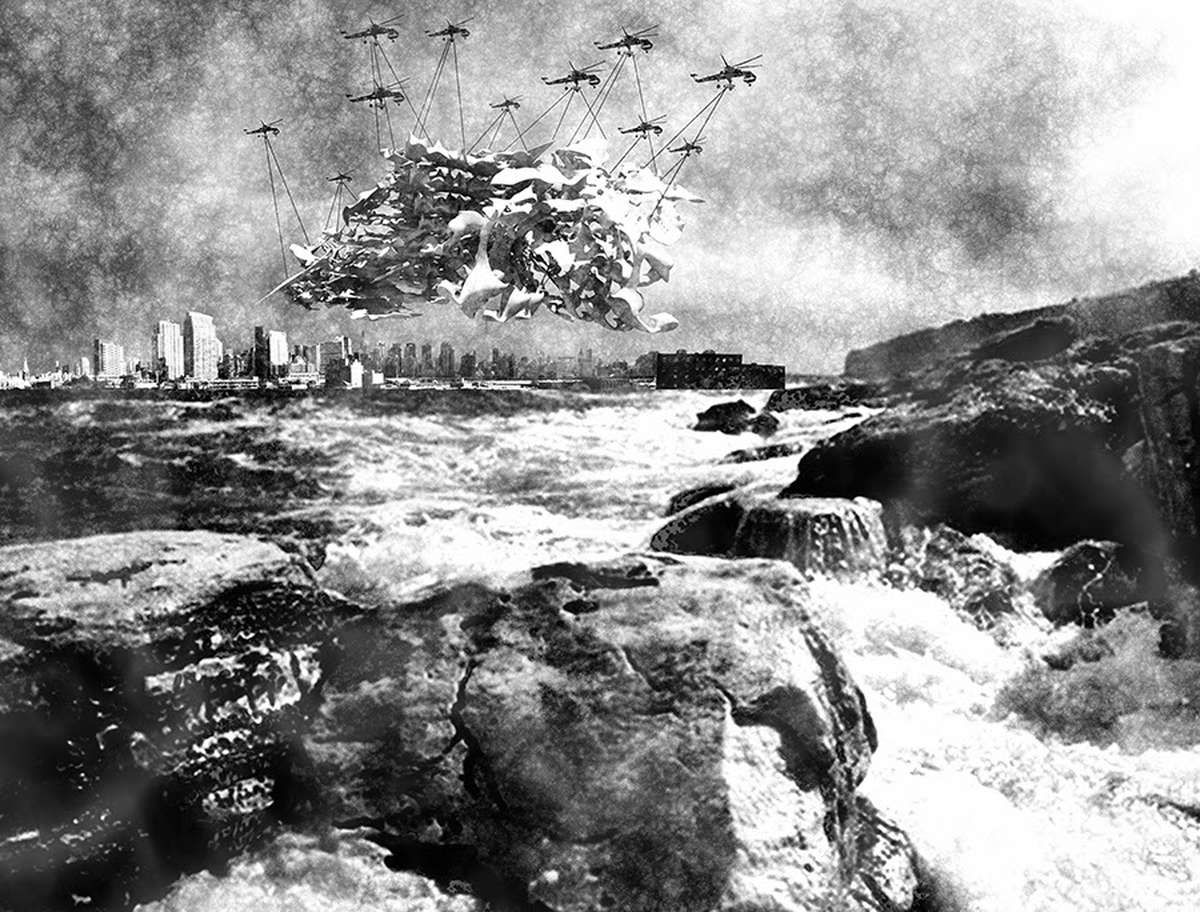
The impact of the project upon the future development of architecture lies in the exercise of its intersection (reality - fiction). However, fiction does not belong to the field of verification, its assumptions and speculations are neither true nor false but nevertheless based on concrete examples, referenced places and simple actions that in turn are total, and seek to be definitive.
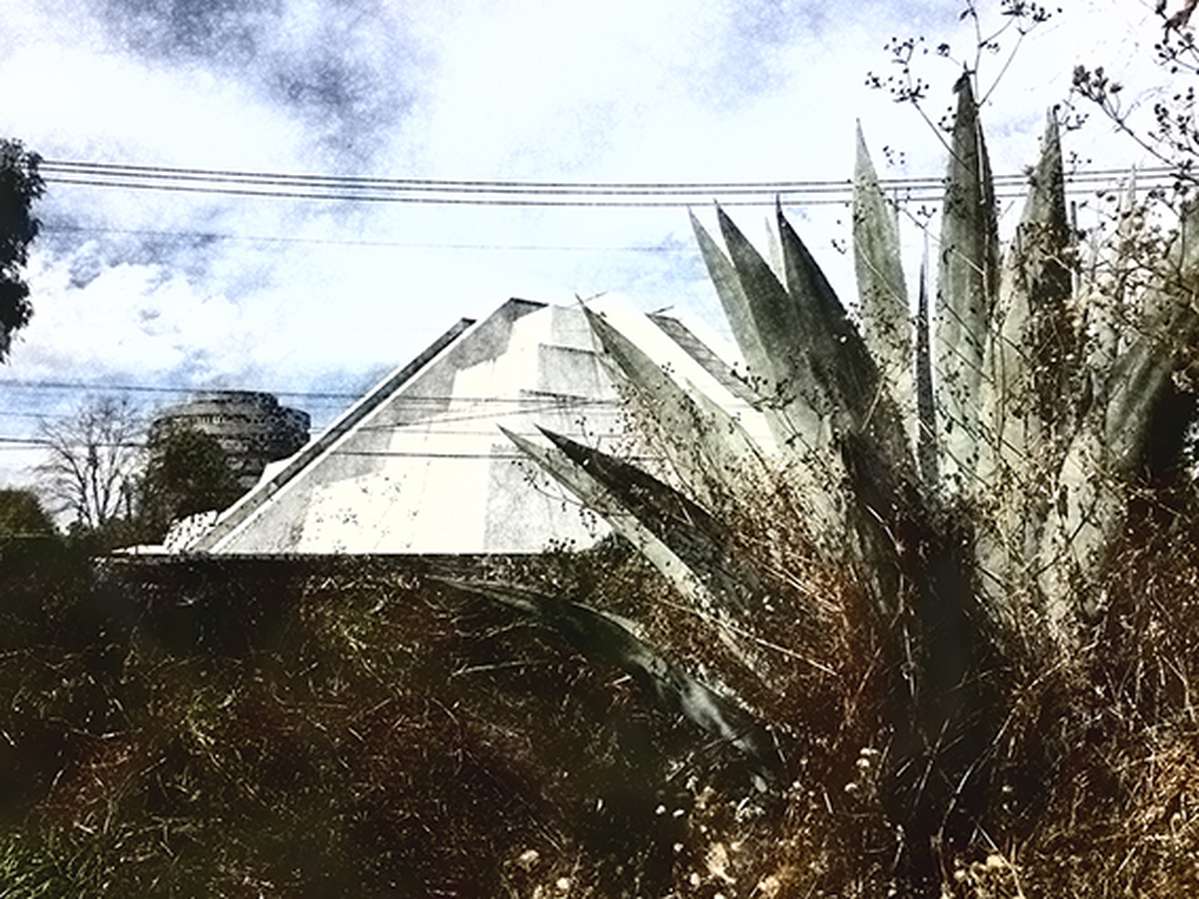
What genre could merge two universes as separate as the one of reality and speculation, as well as the fusion of dissimilar elements that compose them? Science fiction tends to resort to technology for the setting rather than for the plot, becoming superfluous; while realism builds plausible but deceptive scenarios that are established upon the basis of specific and unilateral states. The project, seeks to show how these states are generated.
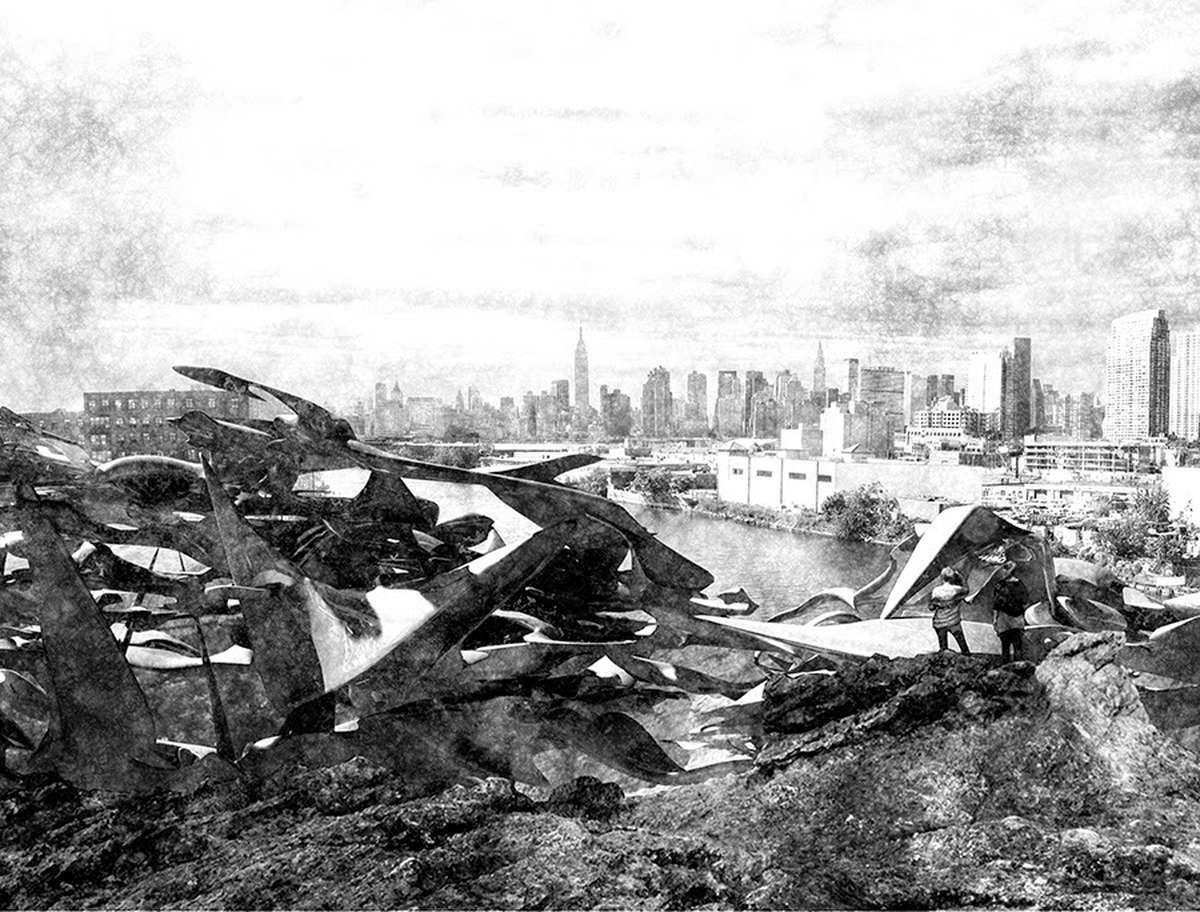
The project is established as a closed system of references (all the projects of the platform understood as valid and plausible references of a possibility of reality) in the form of a single narrative. Everything in the book is true and will be referenced to each source, but nothing in it will seem plausible. Realities and the speculations on which it is based will remain controversial and open, while the conjunction of the projects is treated as a single artifact and cross-referenced object.
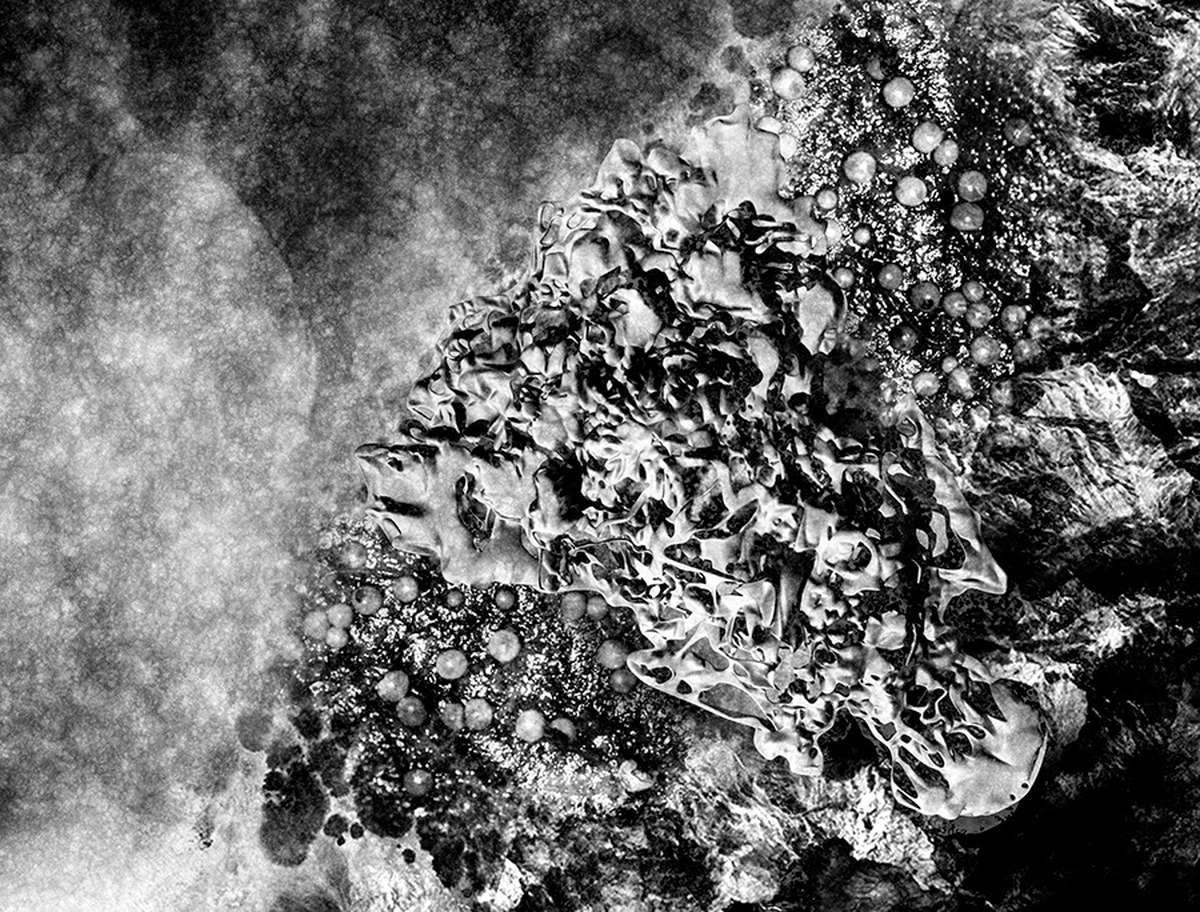
It seeks to get close enough to reality so that the speculative worlds can return to what they have been: possible worlds in conflict, which move and configure each other, granting freedom back to all the realities involved.
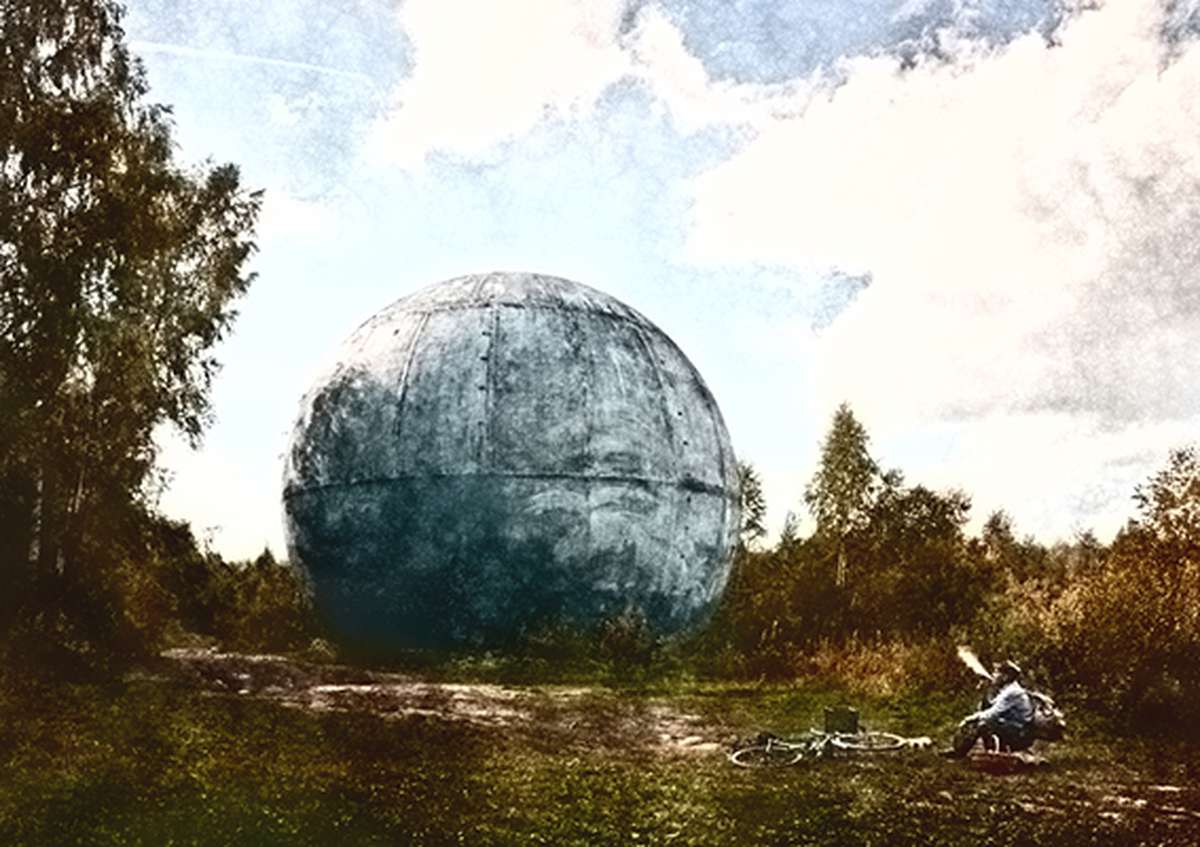
Orbis tertius proposes a hybrid genre, designed for a hybrid task of compilation, combination and reinterpretation. The text thus composed offers as a whole a little more and a little less than a story.
Orbis tertius
Orbis tertius

- New alliances
To talk about the future of architecture is to speculate, to make assumptions about possibilities. It is to imagine, design and build realities parallel to our own that intersect at some point. What happens when we come into contact with them, and even get into the habit of visiting those speculations? What effect do they have on reality when we find them?
Orbis tertius seeks to evaluate the effects of the insertion of fiction in reality through the revision of the phenomena it produces. The project is based upon the assumptions made by the platform projects, taken as references themselves, and as a vital element for research, transformation and design.
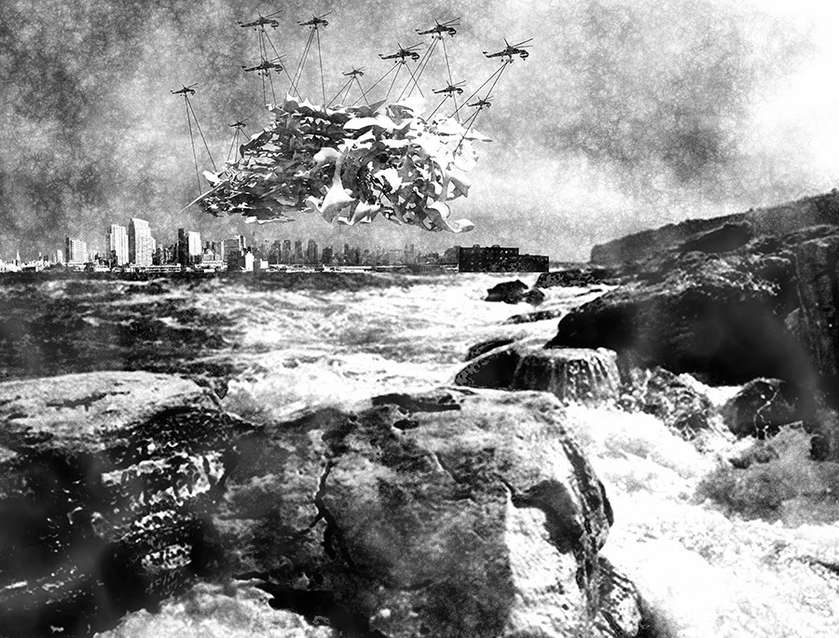
The impact of the project upon the future development of architecture lies in the exercise of its intersection (reality - fiction). However, fiction does not belong to the field of verification, its assumptions and speculations are neither true nor false but nevertheless based on concrete examples, referenced places and simple actions that in turn are total, and seek to be definitive.
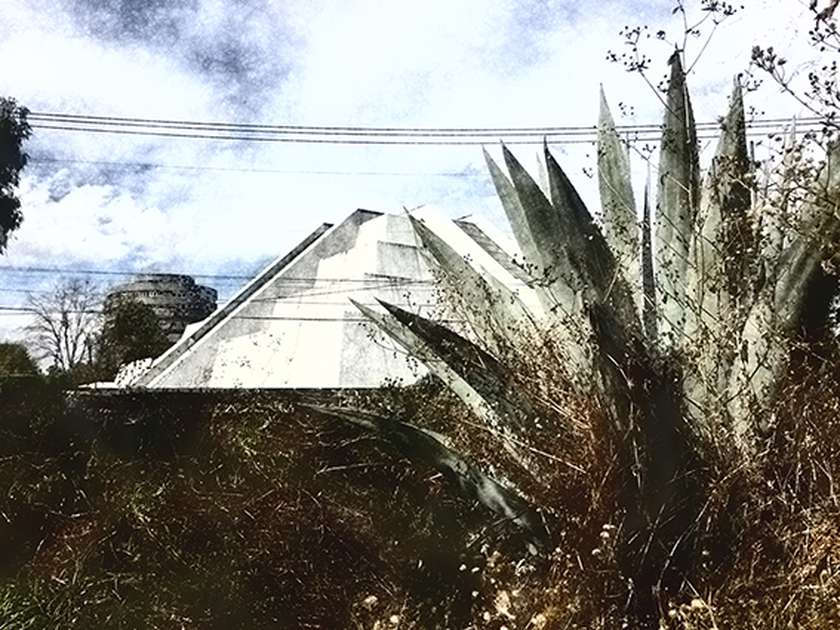
What genre could merge two universes as separate as the one of reality and speculation, as well as the fusion of dissimilar elements that compose them? Science fiction tends to resort to technology for the setting rather than for the plot, becoming superfluous; while realism builds plausible but deceptive scenarios that are established upon the basis of specific and unilateral states. The project, seeks to show how these states are generated.
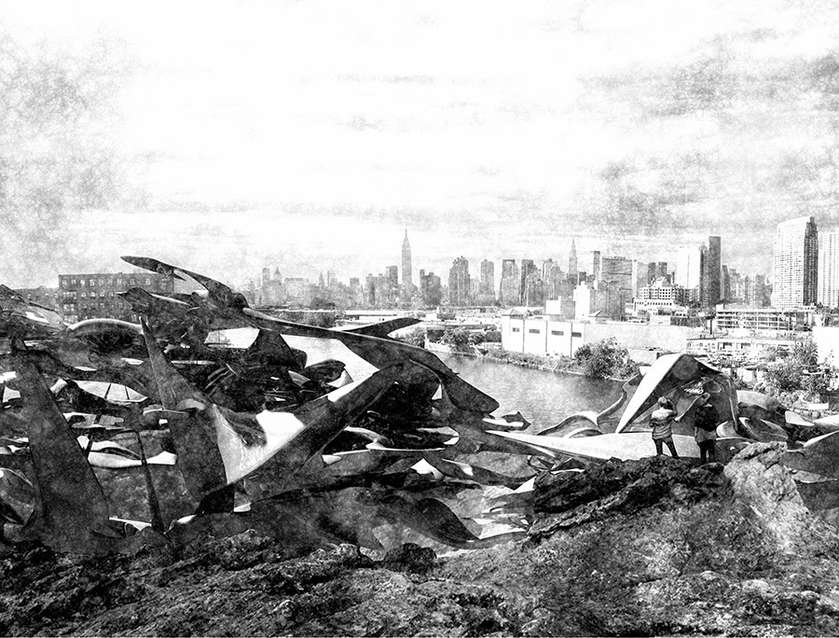
The project is established as a closed system of references (all the projects of the platform understood as valid and plausible references of a possibility of reality) in the form of a single narrative. Everything in the book is true and will be referenced to each source, but nothing in it will seem plausible. Realities and the speculations on which it is based will remain controversial and open, while the conjunction of the projects is treated as a single artifact and cross-referenced object.
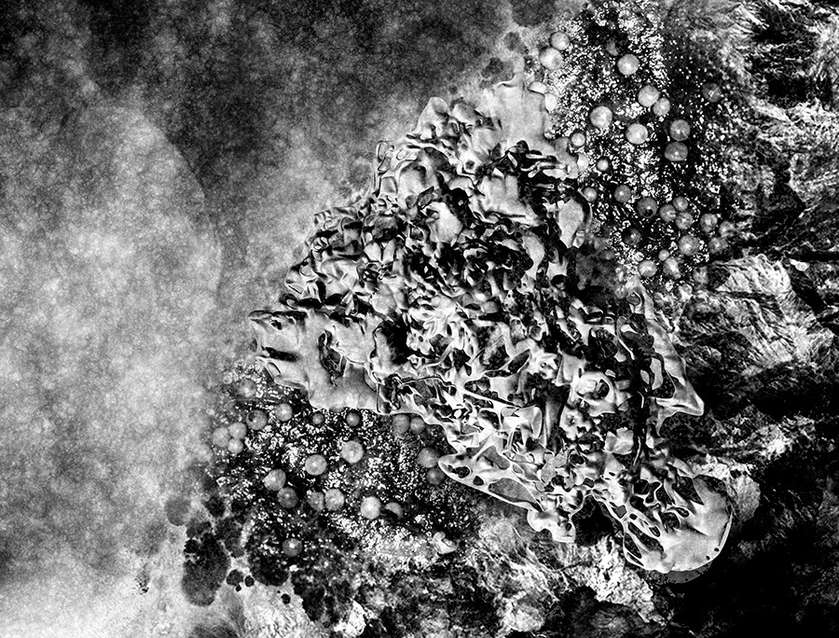
It seeks to get close enough to reality so that the speculative worlds can return to what they have been: possible worlds in conflict, which move and configure each other, granting freedom back to all the realities involved.
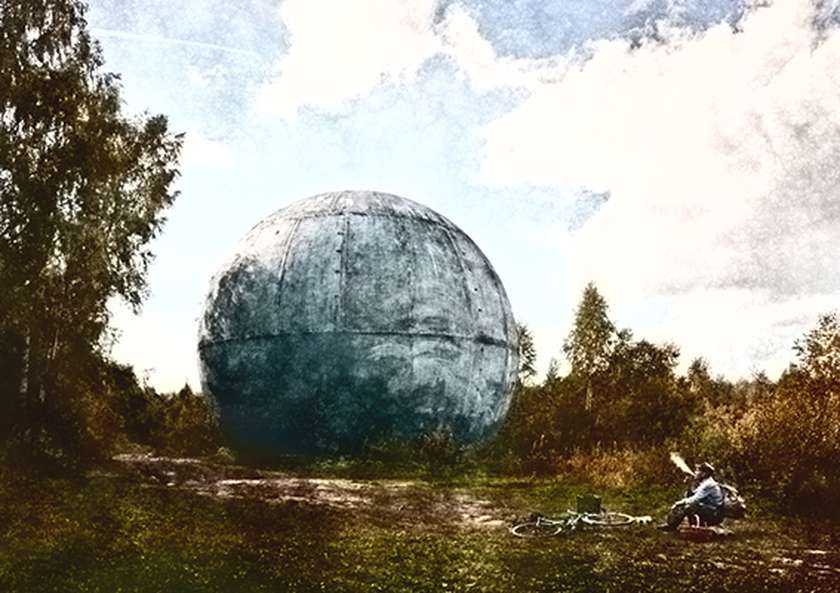
Orbis tertius proposes a hybrid genre, designed for a hybrid task of compilation, combination and reinterpretation. The text thus composed offers as a whole a little more and a little less than a story.